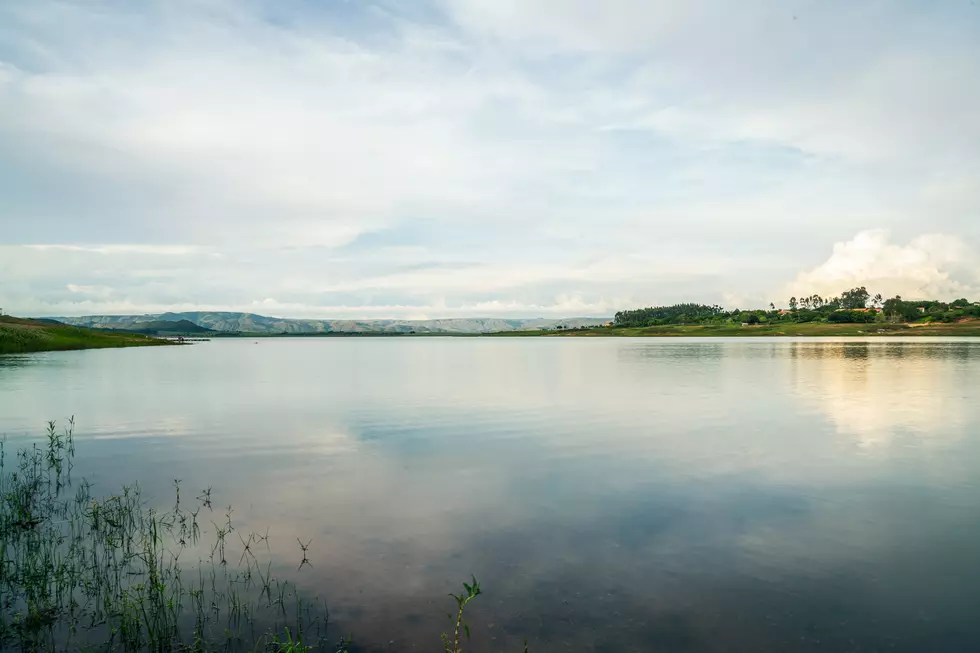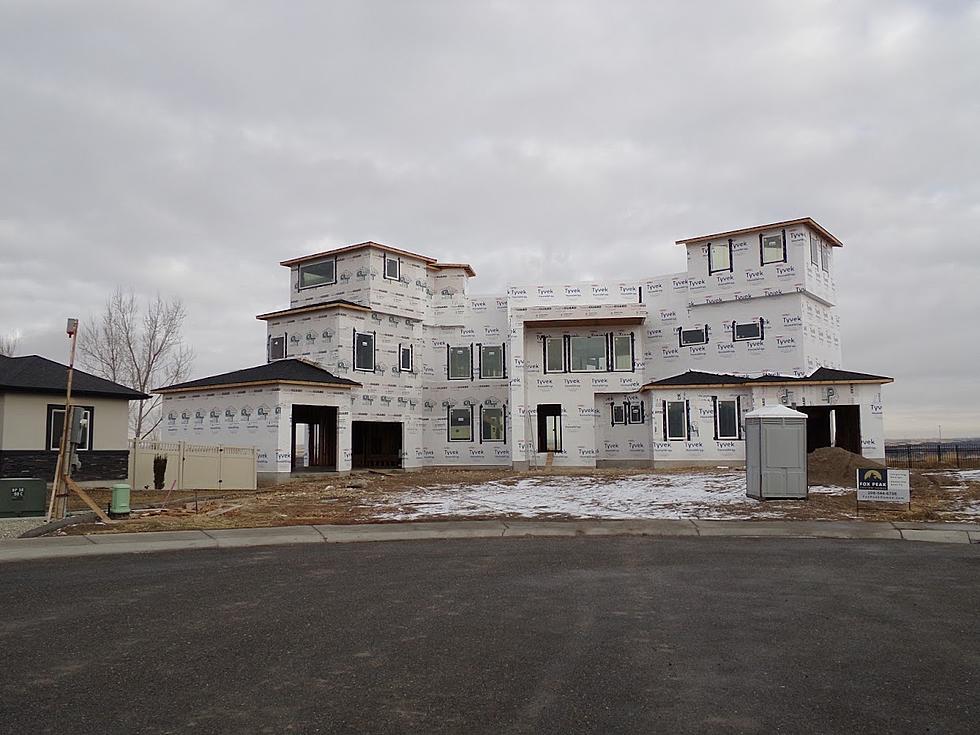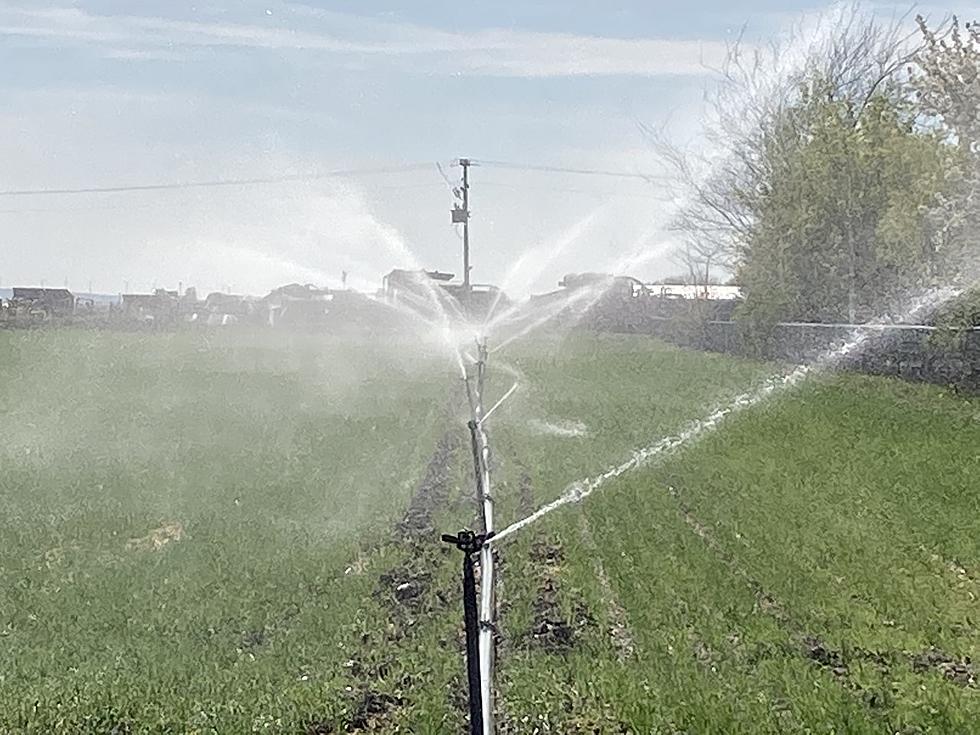
Water Legislation Bill Clears Idaho House, Heads to Senate
BOISE, Idaho (AP) — Legislation to end years of litigation and finalize an agreement involving water rights in heavily populated southwestern Idaho cleared the House on Tuesday.
House members voted 67-0 to send to the Senate the bill that involves rights to water that refills three reservoirs in the Boise River system following releases to control flooding.
The bill sponsored by House Speaker Scott Bedke, R-Oakley, next has to clear the Senate and get approval from Gov. Brad Little, who as lieutenant governor took part in negotiations leading up to the agreement.
"I don't know of any obstacles at this point," Bedke said after the House adjourned. "I think that that's an indication of a good agreement, a good settlement, and I couldn't be more pleased to have it started on this path."
The legislation makes sure water rights to the refill that are accounted for in the new agreement are protected should additional water storage systems of 1,000 acre-feet or more be built on the Boise River system. An acre-foot of water is an amount of water that covers one acre (0.4 hectares) with 1 foot (0.3 meters) of water. That's about 326,000 gallons (1.2 million liters).
The legislation is needed to remove doubt among the participants in the agreement about future water rights, Bedke said.
Should the bill become law, the agreement between the canal companies, irrigation districts and the state would go to the Snake River Basin Adjudication Court for its consideration. If everything goes according to plan, the court would issue decrees for water rights to the storage refill in the reservoirs following flood-control releases.
That was one of the issues in the multiple lawsuits — the release of water from Lucky Peak Reservoir, Arrowrock Reservoir and Anderson Ranch Reservoir for flood control. Combined, they hold about 1.1 million acre-feet.
Lucky Peak is operated by the U.S. Army Corps of Engineers primarily for flood control, while the other two are operated by the U.S. Bureau of Reclamation primarily for irrigation. But the federal agencies coordinate efforts on flood control to protect the city of Boise and surrounding areas from flooding by releasing water during heavy snow years to make room in the reservoirs for additional snowmelt.
The Idaho Department of Water Resources counts everything coming down the river against someone's water rights. But Boise water users say their water was being used up in flood-control releases at a time early in the year when they couldn't use the water.
Water-rights holders have historically still received water from water that refilled the reservoirs, but some felt uncomfortable with the system, especially after the significant flood-control releases in early 2017.
"This settlement includes drinking water rights, and so this is important to not just our agriculture community but our urban communities," Mat Erpelding, D-Boise, said in speaking in favor of the bill during a short debate.
Under the agreement, the Water Resources Department will still track everything coming down the river and count it against a water right. But now, Boise River system water users will have rights to the water that refills the reservoirs following flood-control releases. But that's only if new legislation becomes law and the Snake River Basin Adjudication Court issues decrees for water rights to the refill.
More From News Radio 1310 KLIX









